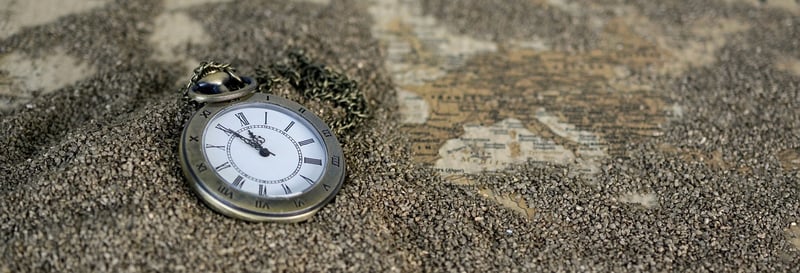Time-Travel Ethics
Navigating Time's Complexities and Time-Travel Ethics
Time, an enigmatic force that governs our lives, has always intrigued and fascinated us. From the concept of time travel in science fiction to the philosophical questions it raises, time's complexities have captured our imagination. In this article, we delve into the intricacies of time and explore the ethical considerations of time travel.
The Nature of Time
Time is a dimension that we experience linearly, moving from the past, through the present, and into the future. However, theories in physics, such as Einstein's theory of relativity, suggest that time is more fluid and can be influenced by gravity and speed. Understanding the nature of time is crucial to grasp the possibilities and limitations of time travel.
Time Travel in Popular Culture
Time travel has been a popular theme in literature, movies, and television for decades. Stories like H.G. Wells' "The Time Machine" and movies like "Back to the Future" have captivated audiences with their portrayal of characters journeying through time. These narratives often raise intriguing questions about the consequences of altering the past and the ethics of changing the course of history.
Exploring Time-Travel Ethics
When contemplating time travel, ethical dilemmas emerge. Should we intervene in historical events to prevent tragedies? What are the consequences of altering the past for personal gain? These questions prompt us to consider the impact of our actions on the timeline and the well-being of others.
Key Considerations for Time-Travel Ethics:
- The Butterfly Effect: Small changes in the past can have significant repercussions in the future.
- Respecting Historical Integrity: Preserving the integrity of historical events and individuals is essential.
- Personal Responsibility: Individuals must consider the moral implications of their actions in different time periods.
Time Travel and the Grandfather Paradox
One of the most famous paradoxes associated with time travel is the Grandfather Paradox. This thought experiment questions what would happen if a time traveler were to go back in time and prevent their grandfather from meeting their grandmother, thus preventing their own existence. The paradox highlights the complexities and contradictions inherent in altering the past.
Conclusion
Time travel, a concept that sparks curiosity and imagination, invites us to ponder the mysteries of time and the ethical implications of manipulating it. As we navigate the complexities of time, let us approach the idea of time travel with a sense of wonder and responsibility.
Image Source: Pixabay

